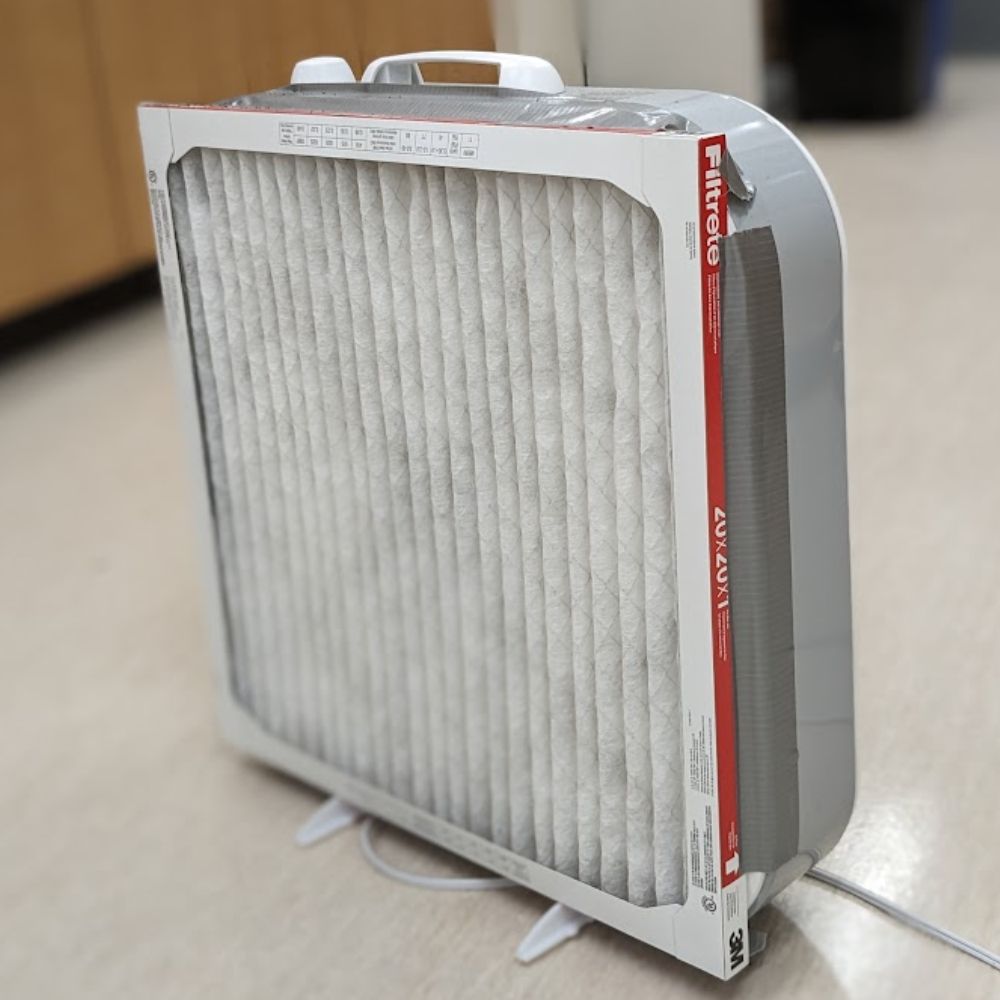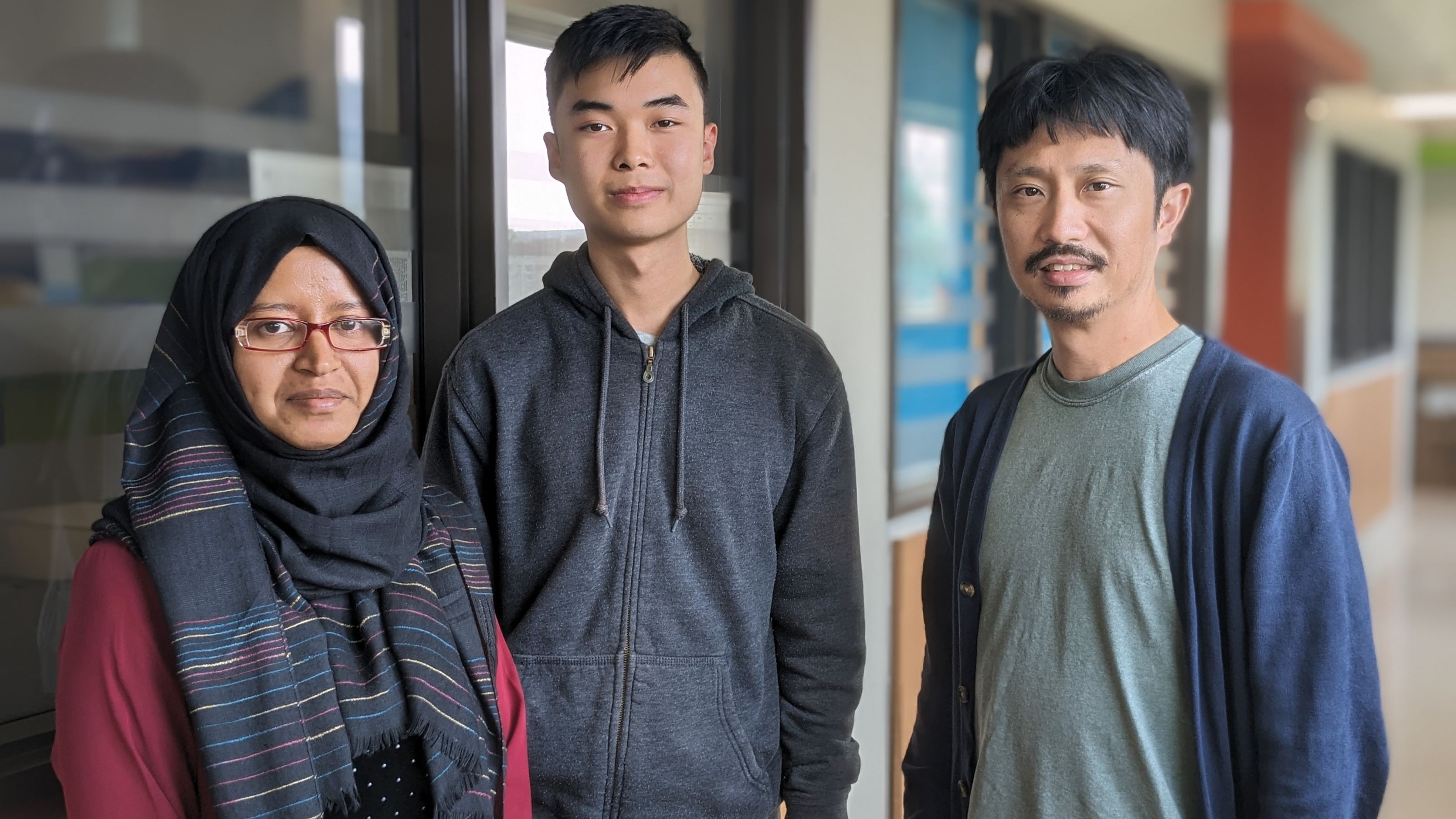As we brace ourselves for another wildfire season, we reflect on 2023, a year that marked Canada's most severe wildfire season on record. There is no doubt that the impact of wildfire smoke on our air quality has become an urgent concern. Unfortunately, the threat of wildfires is something we have to live with for the coming years, as wildfires are gaining both frequency and severity amid ongoing climate change. It is essential for everyone to stay vigilant about air quality, especially when wildfire smoke strikes again.
The Zhao Research Group conducted a project on North Campus last year, deploying 28 low-cost air quality sensors across 21 university buildings to monitor indoor air quality over the entire summer of 2023.
Information about wildfire smoke
Wildfire smoke is bad for your health. The smoke consists of very small particles called particulate matter (PM). A fraction of PM with a diameter of less than 2.5 micrometers is referred to as PM2.5. It is widely used as a measure of air quality, as it is linked to respiratory, cardiovascular, reproductive and mental health issues. The Canadian Ambient Air Quality Standards set 27 μg of PM2.5 per every cubic meter of air as the exposure limit for a 24-hour period average – wildfires often surpass this standard.
Our study found wildfires significantly deteriorated air quality on our campuses in 2023, both outdoors and indoors, but North Campus buildings offered significant protection against outdoor smoke particles.
On average, the buildings removed 80 per cent of particles coming from outside air. Buildings equipped with higher-grade filters – as the majority of North Campus buildings have – offered twice as much protection as those equipped with lower-grade filters.
Key recommendations for the university community
- Stay informed
Regularly check air quality and stay updated on wildfire developments. The PurpleAir Map and Government of Canada air quality health index are great resources to track outdoor air quality. - Protect yourself from outdoor air
Remain indoors during wildfire smoke events. Limit outdoor activities, especially physical activities. Keep windows and doors closed. View Health, Safety and Environment’s outdoor air quality guidance for more information. - Use additional protection
During particularly severe smoke events, consider wearing face masks designed to filter out fine particles. The use of air purifiers is a great way to keep your indoor air clean. We have also confirmed that do-it-yourself (DIY) air purifiers (pictured) are effective in keeping office air clean. - Building management should continue using higher grade of filters wherever possible
The majority of North Campus buildings are already equipped with MERV13.
 A box fan DIY air purifier that was built and tested by the research team.
A box fan DIY air purifier that was built and tested by the research team.
The research team acknowledges Energy + Climate Action and its Campus Sustainability Grant for making this project possible. The research team also acknowledges two summer students, Jarred Alonzo and Sohaib Omar and the Undergraduate Research Initiative (URI) and ELITE Program for Black Youth for funding their summer projects.

